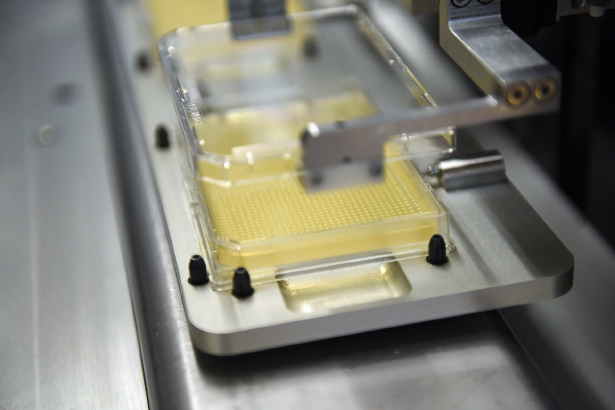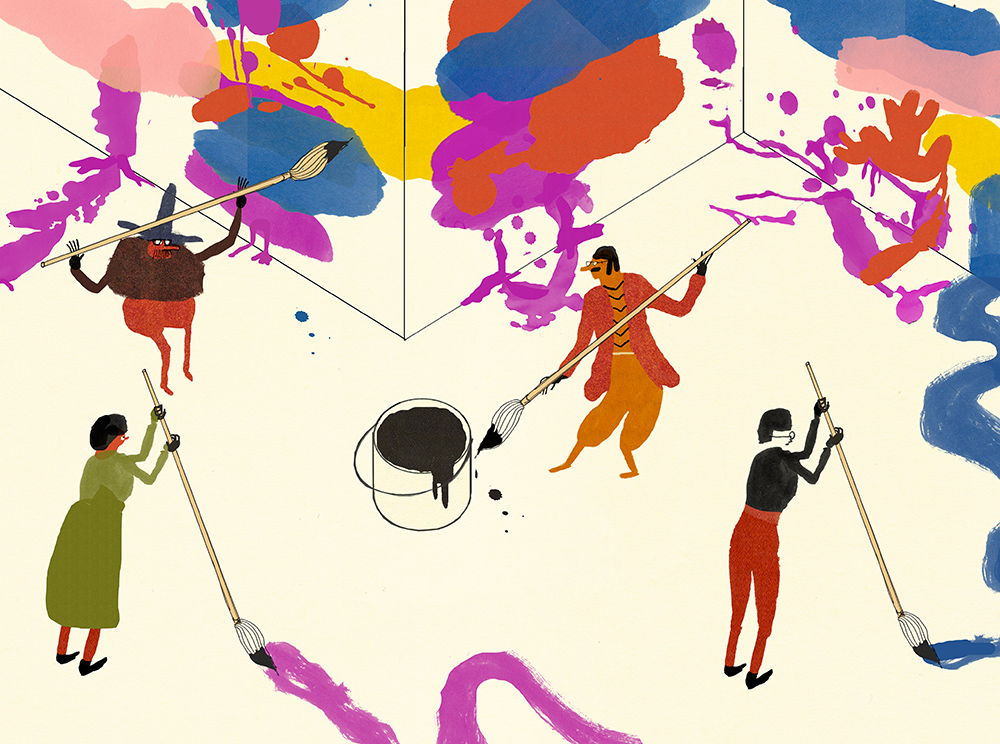Latest Articles
Missing Mutations Suggest a Reason for Sex
Sex might help natural selection purge excessive mistakes from our genes.
How Heat Kills Cells
The proteins that unravel as the temperature starts to rise turn out to be among the most vital.
How Circadian Clocks Differ From Sleep
The circadian clock is in nearly every cell, and researchers have untangled many of its secrets. But sleep has been harder to pin down.
Researchers Tap a Sleep Switch in the Brain
Powerful new experiments have uncovered some of the molecular underpinnings of sleep.
Viruses Find a New Way to Hijack Cells
A virus that causes crippling birth defects has been shown to do something else: It changes thousands of messages coming from DNA that control normal cellular activities.
Why Some Genetic Miscues Are Helpful
A new look at the reasons why organisms missing pairs of genes sometimes do much better than normal.
Giant Genetic Map Shows Life’s Hidden Links
In a monumental set of experiments, spread out over nearly two decades, biologists removed genes two at a time to uncover the secret workings of the cell.
New Insights Into How Zika Harms the Brain
Researchers are racing to understand how the Zika virus causes birth defects. Their first results have revealed tantalizing clues about how the virus interferes with the developing brain — and how it might be stopped.
A Secret Flexibility Found in Life’s Blueprints
A new study reveals that individual genes can create many different versions of the molecular machinery that powers the cell.









